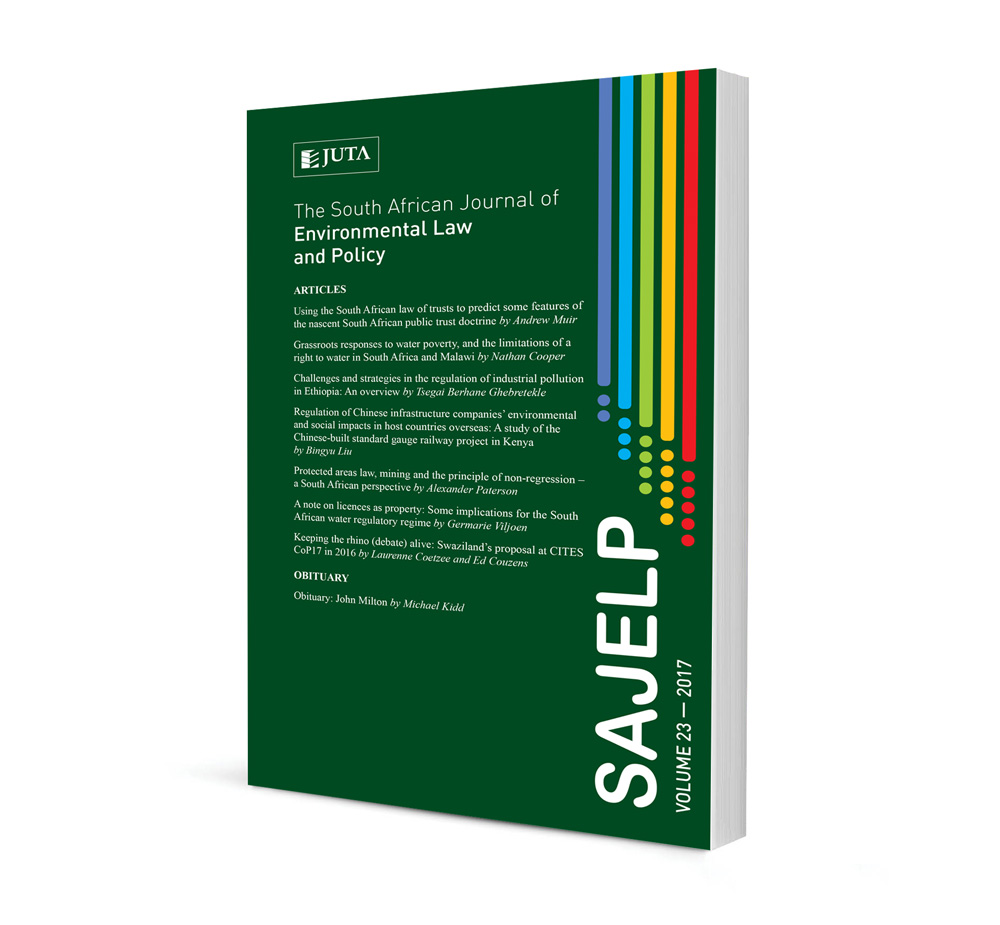Adapting Transboundary Water Agreements to Climate Change: Experiences From Finland And Southern Africa

Adapting Transboundary Water Agreements to Climate Change: Experiences from Finland and Southern Africa
Authors Niel Lubbe and Tuula Honkonen
ISSN: 2616-8499
Affiliations:
Source: South African Journal of Environmental Law and Policy 2019, p. 5 – 41
Abstract
This article focuses on transboundary water governance in light of adaptation to climate change. A conceptual discussion on adaptation in transboundary water agreements aims to provide a background for the analysis of the legal and policy regimes in Finland and Southern Africa. This conceptual discussion identifies important aspects that need to be considered for law and policy aiming to regulate adaptation in transboundary water agreements. Chosen examples in each jurisdiction are analysed in order to see to what extent they provide for adaptation to climate change. This analysis in each jurisdiction is conducted with the conceptual background discussion in mind. After analysing the specific regulatory instruments in both jurisdictions, this article concludes by identifying some common ground in the adopted approaches and by providing some suggestions as to the way forward when regulating adaptation in transboundary water agreements.